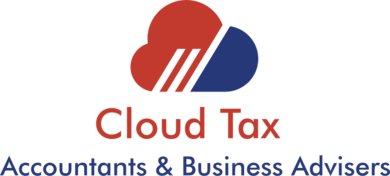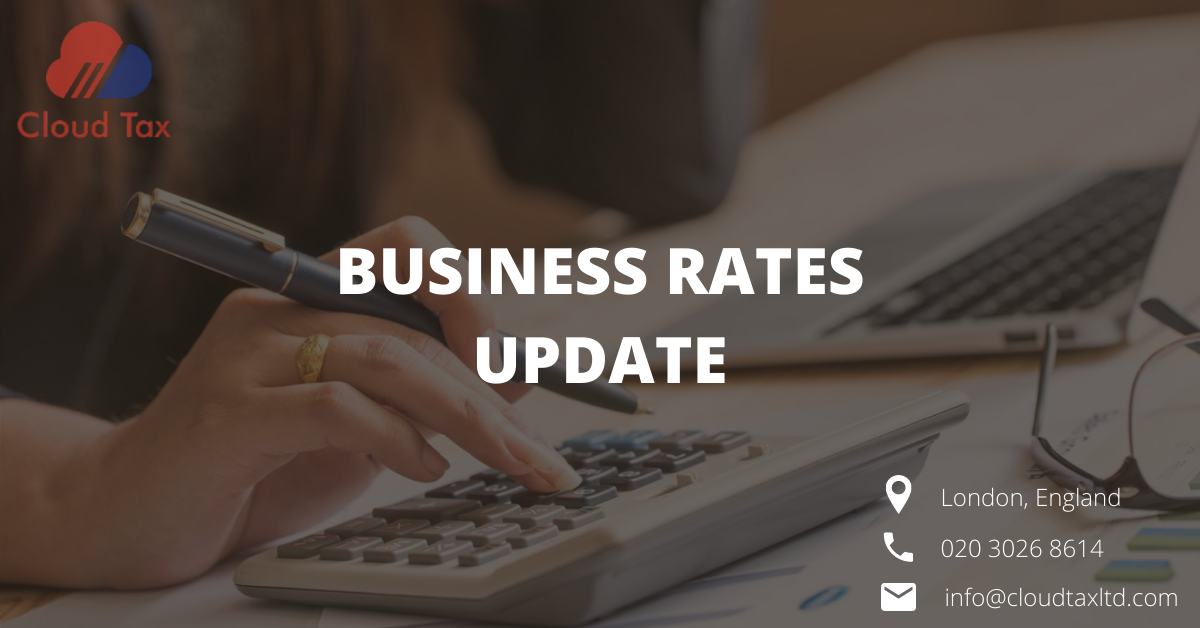The government is currently undertaking a fundamental review of the current business rates system, including ideas for possible change and a number of alternative taxes. Conclusions and any changes are likely to be forthcoming in Spring 2021.
Many businesses feel that the current system for calculating business rates is antiquated as it is based on estimated open market rental values from 1 April 2015.
Broadly, at revaluation, the Valuation Office Agency (VOA) adjusts the rateable value of business properties to reflect changes in the property market. This usually happens every five years. The most recent revaluation came into effect in England and Wales on 1 April 2017, based on rateable values from 1 April 2015. The rateable value is multiplied by the correct ‘multiplier’ (an amount set by central government) to give annual business rates payable.
The next revaluation will take effect in 2023 and the government has confirmed that this will be based on property values as of 1 April 2021 as this will help reflect the impact of Covid-19 more closely.
Covid-19 support
There are two business rates multipliers set by central government. The ‘small business multiplier’ applies to properties with RVs below £51,000, and the ‘standard multiplier’ applies to properties with RVs of £51,000 or more. Around 1.8 million properties, out of approximately 2 million rateable properties in England, use the small business rates multiplier.
In the recent Comprehensive Spending Review (25 November 2020), the Chancellor announced a freeze on the business rates multiplier in 2021/22 meaning that the multiplier in England for ‘small’ businesses will remain at 49.9p and for large businesses it will remain at 51.2p assuming no further changes to the small business supplement are made. The freeze is expected to cost the Exchequer £575m, which means a saving to retail of around £145m on what would have been paid if business rates were to be levied at 100%.
Small business rate relief
A business may be able to obtain a discount from its local council if it is eligible for small business rate relief. This generally applies where the property’s rateable value is less than £15,000. The business will not pay business rates on a property with a rateable value of £12,000 or less. For properties with a rateable value of £12,001 to £15,000, the rate of relief will go down gradually from 100% to 0%. For example, where property rateable value is £13,500, the business the discount is 50%, for a rateable value of £14,000, the discount is 33%.
As part of the government’s Coronavirus support package, in March 2020, the Chancellor announced a wide-ranging expansion to the business rate discount set out in the Spring Budget 2020. From 1 April 2020, all shops, pubs, theatres, music venues, restaurants and any other business in the retail, hospitality or leisure sectors, have been given a 100% holiday from paying business rates for twelve months. This measure applies to such businesses irrespective of their properties’ rateable value, ensuring that all businesses (as opposed to mostly SMEs) within these industries receive the same government support to manage and survive the pandemic.
It is not currently known whether the business rate relief holiday will be extended beyond March 2021.
The way forward
Whilst the 2021/22 freeze is welcome, it is a small step compared to the much bigger question of whether there will be any business rates relief for retail next year. In addition, the professional bodies are keen to see the government go further. The ICAEW for example, says that a reduction in the multiplier may be a simpler and relatively fairer way for the government to preserve the core revenue base, while giving time to properly consider further reform of business rates to reflect the changes in the way that business now operates, in particular with the move to online which has accelerated since the start of lockdown.
For more information, Book a Free Consultation!

